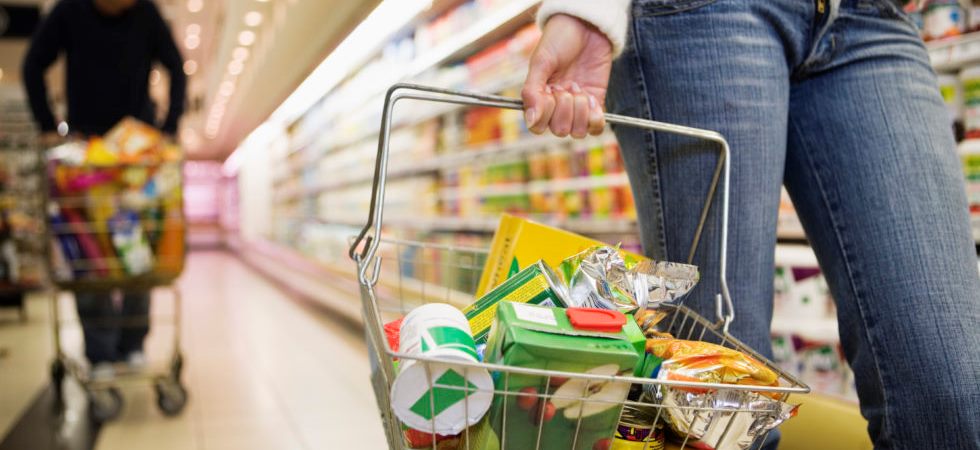Latest figures from Kantar reveal that more than twice as many consumers purchased plant-based products in January compared to December, with health reasons being cited as the main reason for the uptake in sales.
According to the research, nearly half of the people that participated in Veganuary did so for health reasons, while 28% cited environmental concerns as their reason for giving up meat.
Supermarkets targeted the return of Veganuary by launching a number of new product lines including ‘Gro’ from Co-op, ‘Plant based’ from Asda and Waitrose & Partners’ vegan range.
Fraser McKevitt, head of retail and consumer insight at Kantar, said: “It’s clear the Veganuary campaign is having an impact. More than twice as many consumers bought one of the supermarkets’ explicitly labelled plant-based products in January 2020 compared with the festivity-filled December 2019. Sales of meat substitutes such as soya mince or vegetarian burgers and sausages were 14% higher than January last year, while sales of lentils were up 6%, lettuce 10% and aubergine 14%.”
McKevitt continued: “Nearly half of people giving up meat and dairy in January did so because they perceive it as a healthy choice. However, the plant-based food boom is not primarily caused by a rise in the number of people following strict vegan diets – vegans still make up just 2% of the population and only 5% of us are vegetarian. Instead the trend is being driven by many people making small changes and trying to eat more plant-based meals and the retailers are responding accordingly.”
Market analysis
The report also detailed how Ocado was again Britain’s fastest growing grocer, achieving its quickest growth in the North of England where sales were up 17%. Ocado’s market share increased by 0.2 percentage points to 1.4%, and Lidl also achieved double digit growth, up by 11.1% year on year.
Sainsbury’s was the best performing of the big four retailers as its sales fell by 0.6%, while Asda’s sales declined by 2.2% and its market share fell back to 14.9%.
Co-op continued its run of growth, which stretches back to May 2018, with sales up by 2.7%., meanwhile Tesco’s market share dropped by 0.4 percentage points to 27.3% and sales were 0.9% lower than a year ago.
McKevitt added: “Ocado was once again Britain’s fastest growing grocer with sales 11.2% higher than this time last year. More than half of the online retailer’s sales come from customers in London and the South of England, but its quickest growth is actually found outside of this heartland in the North of England where its sales were 17% higher than the same time last year
“Morrisons is bucking the trend in the overall grocery market, where fewer groceries are being purchased on deal, conducting 47% of its sales through some type of promotion during the past 12 weeks, a 1.3 percentage point increase on last year’s level.”
You can find a link to the full report here.









